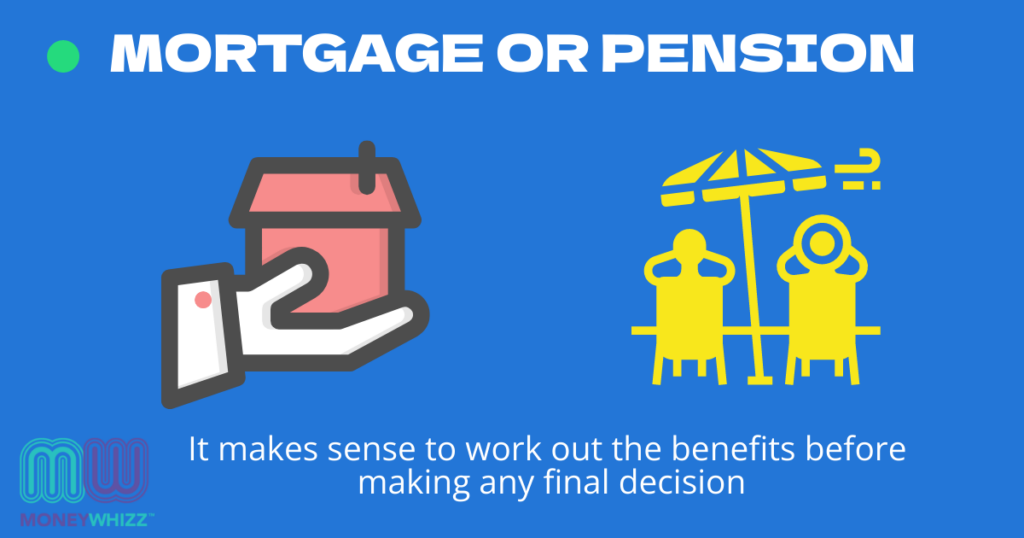There can be many reasons to opt for either but when it comes to putting your money to work, the numbers don’t lie!
With growing expectation that the European Central Bank may start cutting interest rates later this year, many people are asking if would be better to pay off their mortgage early or pay into a pension.
One way of accelerating a mortgage paydown is to overpay it every month. And while there are various restrictions on overpaying a fixed rate mortgage, this article will focus on the maths.
For this example, we use the case of a mortgage holder with 10 years remaining. They also have 10 years until retirement.
They earn €65,000 per year. For these calculations, a 1.5% annual rate of wage growth is factored in.
Their mortgage balance is currently €120,000 and their rate of interest is 5.5% (this is the figure used for all the calculations even if interest rates do fall).
They have €400 per month to either overpay their mortgage or pay it into a pension.
Overpaying that mortgage by €400 each month would save them €11,014.17. Additionally, the loan term would reduce by 2 years and 10 months.
Pension option
Because the person is aged 56 with 10 years left to retirement, they could put 35% of gross salary towards a pension. However, in this case, the percentage of salary being directed to a pension is 7.38% (€4,800 of their €65,000 salary).
Assuming this person is only starting their pension, they will have a €0 balance presently. Assuming for a modest 4% rate of investment growth, which is 1.5 percentage points less than what they are paying on their mortgage, after 10 years, their pension fund should be worth about €72,140. Of course, that €400 monthly pension contribution attracts tax relief so it is costing them far less than the €400 after-tax money they could be using to overpay their mortgage. The net gain on the pension approach compared to the mortgage approach is about 3-times.
How far would the numbers have to shift to make overpaying the mortgage the better option?
Mortgage interest rates would have to rise to about 22.5% before the mortgage option surpasses the pension benefits.
Even if the annual rate of investment growth on a pension was 1%, mortgage interest rates would still need to be costing about 20% for the benefits to shift to overpaying the mortgage.
Why some people overpay a mortgage
While overpaying a mortgage may appear to make a lot of sense financially, when compared against other credit options, even factoring for the term of the debt, it is still relatively cheap. However, there can be an emotional appeal to paying off a mortgage early. For some people, there is little doubt their home is their sanctuary and having it free of debt provides a sense of security.
However, as income is the sole source of wealth creation for most people, maximising its potential is always recommended. When it comes to either paying down the mortgage or paying into a pension, from a financial perspective, pensions win hands down!
Frank Conway is a Qualified Financial Adviser and founder of MoneyWhizz.org, the financial literacy initiative.


Comments are closed.